









发布日期:2020-10-28
制定者:
出处:
 立即收藏
立即收藏
In regards to treating the core symptoms of inattention, hyperactivity, and impulsivity, it has been shown in numerous studies that stimulant medication provides significant benefit to between 70 and 80% of children with ADHD. The most commonly prescribed medications currently used to treat ADHD come from a class known as stimulant medications and include Concerta, Adderall XR, Vyvanse, Ritalin, Methylphenidate (the generic version of Ritalin). Straterra is a non-stimulant medication also approved to treat ADHD.
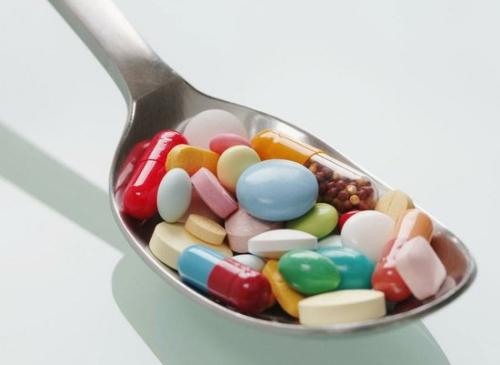
Althou gh the exact mechanism by which stimulant medication works is not known, available evidence suggests that it works by correcting a biochemical condition in the brain that interferes with attention and impulse control.
"What benefits can stimulant medication produce?"
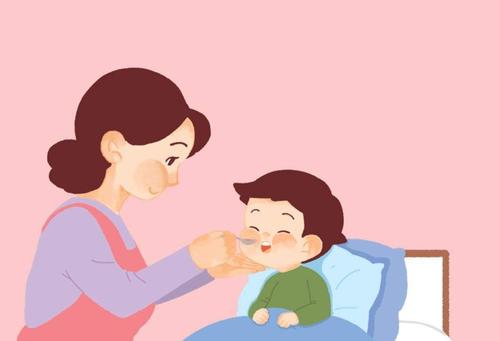
The beneficial effects of stimulant medication treatment can be dramatic. Attention to assigned class work can be improved to the extent that the child is no longer distinguishable from classmates; activity level can decline to within normal limits and impulsivity can be substantially reduced. Even associated difficulties such as disruptive behavior and peer relationship problems can sometimes show dramatic improvement. Interactions between parent and child and between the child and his or her siblings have also been shown to improve. Academically, children who respond positively to medication show clear improvements in both the quantity and quality of the work they complete. It remains to be seen, however, whether these short term changes result in long term gains in children's academic, behavioral, and social functioning.
"How long does it take stimulant medication to work?"
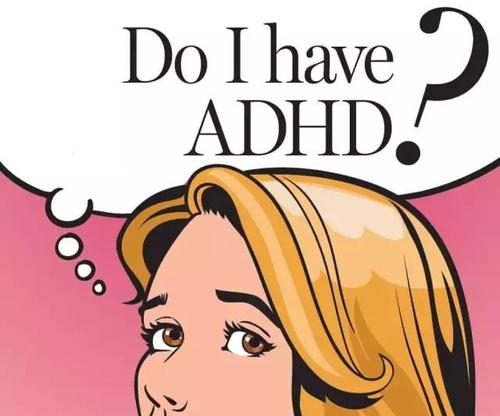
The effects produced by stimulant medication occur quickly, and parents and teachers often observe an improvement in the child almost right away. In contrast to older versions of stimulant medications, which tended to last for no more than 4 hours, medications prescribed today last longer, on the order of 8-12 hours.
"How extensively has the use of stimulant medication been studied?"
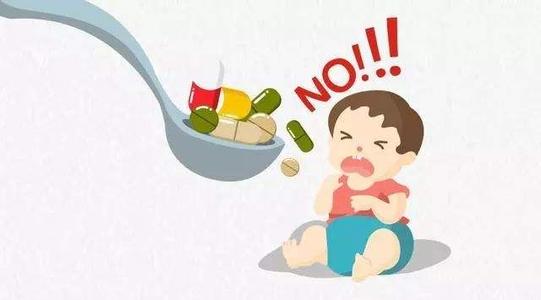
The efficacy and safety of stimulant medication for treating ADHD have been documented in over 150 controlled studies involving children, adolescents, and adults. This research has shown that the majority of individuals with ADHD - roughly 80% - benefit from stimulant medication. However, the degree of benefit varies and many individuals still experience difficulty with ADHD symptoms despite benefits that medication provides.
"What kinds of side effects are associated with stimulant medication?"
As with any medication, the stimulant medications commonly used in treating ADHD can produce adverse side effects in some children. These can include: sleep difficulties, stomachaches, headaches, appetite reduction, drowsiness, irritability, nervousness, and excessive staring among others. In very rare cases, stimulant medication can lead to nervous tics, hallucinations, and bizarre behavior.
The list of possible side effects can be very scary to parents considering the use of medication for their child, but it is important to emphasize that the vast majority of children with ADHD experience no adverse effects. Based on the findings from many carefully controlled studies, physicians have concluded that when properly employed stimulant medication is quite safe and the side effects are minimal. When side effects do occur they are frequently short term and generally disappear when the dosage is reduced. Despite these data, however, it is obviously important for parents to discuss their questions and concerns with their child's physician.
"But I've heard all kinds of bad things about using Ritalin?"
There are an unfortunate number of myths concerning stimulant medication that discourage many parents from considering it's use for their child. These myths are summarized in an excellent book titled Attention Deficit Disorder and Learning Disabilities: Realities, Myths, and Controversial Treatments by Barbara Ingersoll and Sam Goldstein (highly recommended) and include the following:
* Children treated with stimulant medication will become addicted to it and are more likely to abuse other drugs.
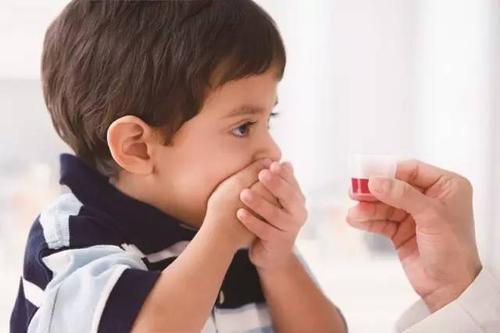
There is no data which indicates that addiction to stimulant medication is a problem or that children treated with stimulants are more likely to abuse other substances. In fact, it appears that children with ADHD who are treated with stimulants are actually less likely to abuse drugs and alcohol in adolescence
* Stimulant medication stunts growth.
The available literature indicates that ultimate height appears to be unaffected if treatment is discontinued in adolescence. However, there have been no studies of growth in children treated continually from childhood into young adulthood so caution here is warranted.
* Stimulant medication works by turning children into "zombies".
Some children do become sluggish and withdrawn when on medication, but these symptoms generally indicate that the dose is too high, or that a co-existing condition such as a mood problem has not been identified. Studies have shown an increase in prosocial behavior in ADHD children treated with stimulants, which would not be the case if it simply turned children into "zombies".
"How can I decide whether my child should receive medication?"
Although the vast majority of children with ADHD will benefit from stimulant medication, not all children need to receive it.
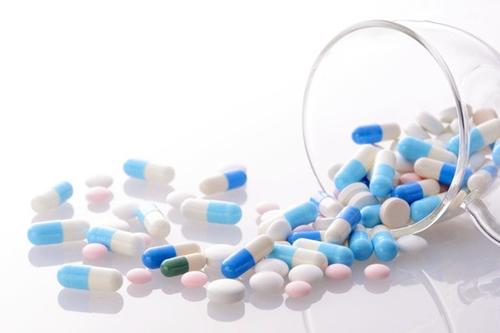
SUMMARY AND CONCLUSIONS
* Stimulant medication can provide significant benefits to the majority of children with ADHD.
In addition to reducing the core ADHD symptoms of inattention, hyperactivity, and impulsivity, it can also enhance academic performance, reduce disruptive and aggressive behavior, and improve relationships with peers and family members.
* The improvements resulting from stimulant medication are based primarily on the results of short term studies.
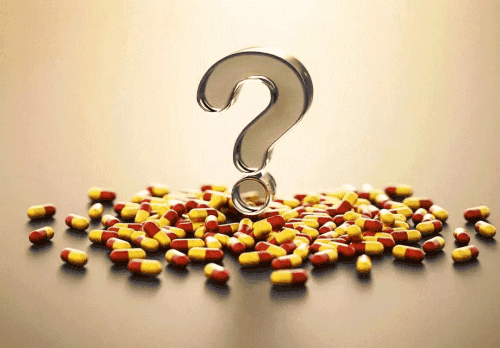
More data on the long term effectiveness of this form of treatment is required. A recently completed study, however, does provide evidence of sustained benefits over a 15 month period.
多动症的药物治疗
对于多动症的治疗,其中最为典型的方法之一即药物治疗,且尤指兴奋剂药物。在治疗注意力不集中、好动与易冲动等多动症典型症状方面,已有大量研究表明兴奋剂药物对70%-80%的患儿有显著疗效。目前治疗多动症最常用的处方药是一种兴奋剂类药物,其中包括专注达、四苯丙胺盐组合(缓释)、维旺斯、利他林和哌甲酯(利他林的通用版本),此外择思达也已批准用于多动症的治疗。
虽然兴奋剂药物是通过何种方式对患者产生作用还没有得出确切结论,但已有的研究可表明这类药物能够有效纠正大脑中干扰注意力和冲动控制的生化状态,从而改善多动症。
兴奋剂药物有什么好处呢?
兴奋剂药物治疗的有益效果是十分显著的,举例来说,患儿可有效提高对课堂与作业的注意力,从而减少其与同龄者的学习差距;活跃度可以下降到正常范围之内,并且大大降低冲动的概率。从这一角度而言,患儿的破坏性行为将大大减少,与同龄人的交往趋于正常,除此之外与父母或兄弟姐妹的关系也能有所改善。从理论分析上来说,药物治疗对患儿的积极疗效在其学习程度与质量上都有较为明显的体现。但是必须说明的是,兴奋剂药物对儿童的治疗是短期性的,这些短期内的变化是否会延续,从而使儿童在学习、行动和与他人交往等实现长期改善与进步,仍有待观察与考究。
“兴奋剂药物需要多长时间才能产生效果?”
一般来说,这种带有较强刺激性药物起效很快,家长与老师能够在患儿服药之后立即观察到孩子的变化与进步。以前的兴奋剂类药物的药效一般不超过四个小时,与之形成对比的是,目前所开的药物药效持续时间更长,能够达到8-12小时。
“兴奋剂药物的使用研究有多广泛?”
关于兴奋剂药物治疗多动症的有效性与安全性,已经在超过150项涉及儿童、青少年和成人的对照研究中得以证实。这些研究表明,兴奋剂药物可对大部分多动症患者(约80%)产生疗效,使其从中获益。但是,由于个体差异原因,疗效程度不尽相同。尽管药物治疗有助于多动症的改善,但目前仍有许多患者经历着多动症的折磨。
“兴奋剂药物有哪些副作用?”
与普通药物一样,通常用于治疗多动症的兴奋剂药物可能会对患儿产生一定的副作用,副作用的具体表现症状有:睡眠困难、胃痛、头痛、食欲下降、嗜睡、易怒易紧张、过度焦虑等。在极低概率下,兴奋剂药物还可能导致神经抽搐、出现幻觉或其他怪异行为。
对于考虑为孩子用药的家长而言,上述所提及的不良反应可能会使其产生犹豫,但必须得以强调的是兴奋剂类药物治疗对绝大多数患有多动症的孩子而言不会产生副作用。基于大量严谨且科学的对照研究,专业医生给出的建议是,家长一定要与医生配合,控制患儿的服药量,适当使用兴奋剂药物是相当安全的,且可将副作用的可能性降到最低。若患儿的确在服药后出现了不良反应,家长也不必过分担心,这种副作用一般而言是短期性的,随着药物剂量摄入减少而自行消失。因此,家长在对患儿进行兴奋剂药物治疗前,应与医生充分沟通,制定科学且合理的方案。
“但我听说过使用利他林的种种坏处。”
目前较为遗憾的是,市面上流传了许多关于兴奋剂药物的不实传闻,因此不少父母拒绝孩子服用,对兴奋剂药物十分抵触。由芭芭拉·英格索尔与山姆·戈尔茨坦所著的《注意缺陷障碍和学习障碍:现实、传说和争议》一书,描述了目前流传较广的兴奋剂药物的副作用,内容可大致总结为“服用兴奋剂药物的儿童会上瘾,更容易滥用其他药物。”但实际上,没有数据表明服用兴奋剂药物会导致患儿上瘾,也没有实例证实接受兴奋剂药物治疗的患儿更有可能滥用其他药物,反而事实是服用兴奋剂药物的多动症患儿在其青春期滥用药物或嗜酒的可能性更低。
“兴奋剂药物会阻碍孩子成长。”
现有文献与研究表明,如果在青春期停止此类药物的服用,患儿的最终身高将不会受到必然影响。但是值得注意的是,目前还没有关于患儿从童年到成年早期的持续性治疗研究,因此对于这种质疑应采取谨慎态度。
“兴奋剂药物的作用是把孩子变成僵尸。”
有些儿童在服药后确实会变得行动迟缓和孤僻,但这些症状通常表明药物服用剂量过高,或同时存在尚未查明的情绪问题等情况。研究表明,服用兴奋剂药物的多动症儿童的亲社会行为有所增加,兴奋剂药物绝非是将孩子变成木讷的“僵尸”的罪魁祸首。
“如何决定孩子是否应该接受药物治疗?”
虽然绝大多数多动症患儿将受益于兴奋剂药物,但并不是所有患儿都必须使用此种药物治疗。
摘要与结论
*兴奋剂药物可以为大多数多动症儿童带来显著的好处。
除了减少注意力不集中、多动和冲动等核心多动症症状,它还可以提高学习成绩,减少破坏性和攻击性行为,改善与同伴和家人的关系。
*兴奋剂药物治疗的改善主要基于短期研究的结果。
目前仍需要更多可证明这种治疗方式具备长期有效性的数据。据悉,最近完成的一项研究确实为此问题提供了一定依据,表明在15个月的时间段里,这种方法确实有效。
点击查看原文
